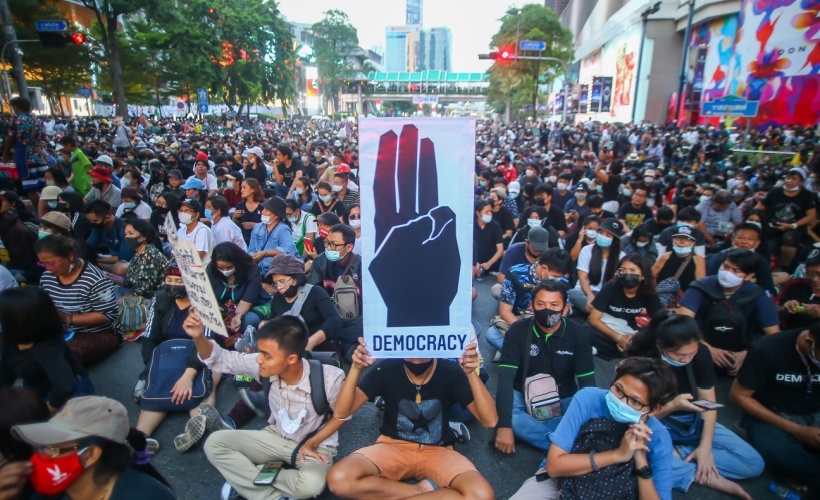The Rise and the Fall of the EAST: Examination, Autocracy, Stability, and Technology in Chinese History and Today (Yale University Press, 2023), with Huang Yesheng
The current uprising of COVID protests in China seems to exhibit the power of social mobilisation against state restrictions. The recent development of markets and technologies has elevated China to an economically powerful state in which private sectors generate over 60 percent of GDP. The new launch of high-tech companies further exhibits a clear transition from a state-led to market-based economy in China. Is Chinese society, however, powerful enough to challenge Xi Jinping’s regime? In this talk, Professor Huang Yasheng at the MIT Sloan School of Management – drawing upon his new book ‘The Rise and the Fall of the EAST’ – offers a historically consistent and theoretically coherent explanation of the power of the Chinese autocratic state from premodern to present times.
This book examines four big topics in Chinese history and during the present times; EAST in the title of the book stands for examination, autocracy, stability, and technology. Examination refers to the civil service exam, keju in Chinese, instituted in 587, and the various successor tools deployed today by the Chinese Communist Party (CCP) to homogenize ideas, evaluation metrics, and organisational process. These homogenisation tools have been instrumental in shaping the nature and the durability of the Chinese autocracy and the trajectory of its technological developments.
Historically, China was most inventive but less stable when the country was politically and ideologically heterogeneous. It had the opposite combination after the keju succeeded in scaling and homogenising the country. During the reform era, the CCP struck a tenuous balance between forces of homogeneity and heterogeneity. The reformist CCP delivered stability and technological development (and broad economic growth), a remarkable achievement. Until Xi Jinping. Xi has reverted China to its long-standing autocratic mean, with potentially detrimental consequences for China’s economic growth and possibly for its stability as well.
The book taps into newly created historical databases on Chinese inventions and stability.
About the speakers
Professor Yasheng Huang is Epoch Foundation Professor of International Management, Professor of Global Economics and Management, and Faculty Director of Action Learning at Sloan School of Management, Massachusetts Institute of Technology.
Huang will be in conversation with Professor Bill Hurst







